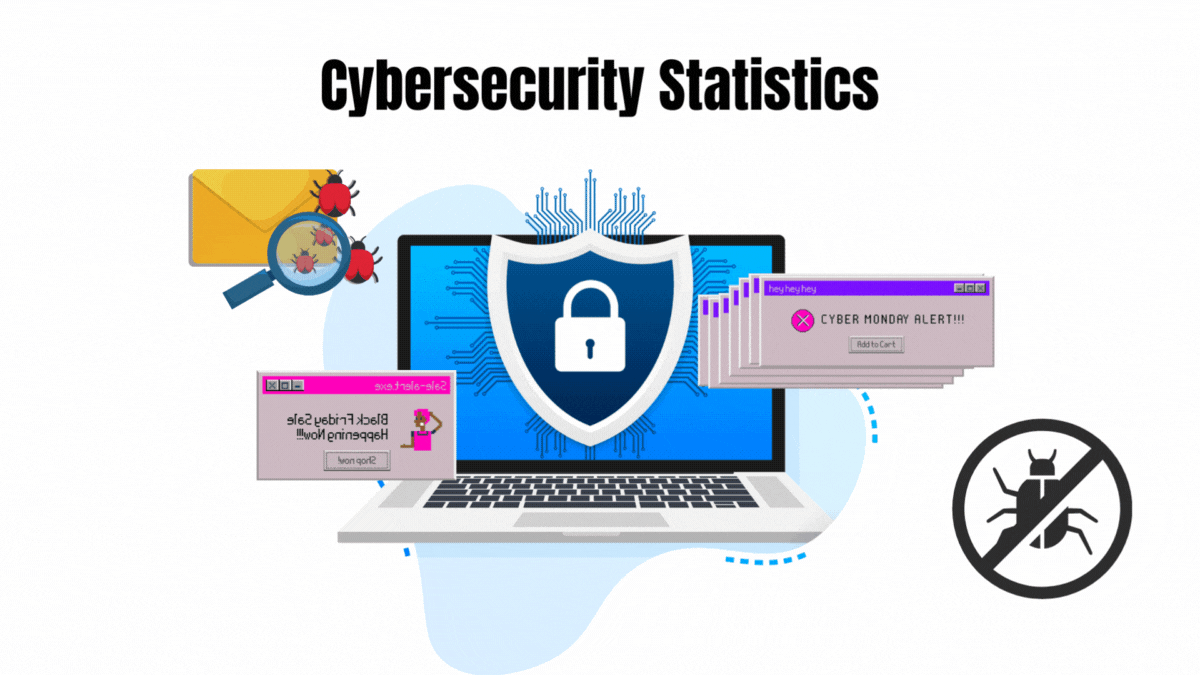NetSuite Hones In on E-Commerce
NetSuite has long had storefront capabilities. In fact, the San Mateo, Calif.-based company claims to have 1,500 e-commerce businesses using its Web-based applications. However, the company is looking to get more vertical with both its marketing and its features set, and today it announced two specific e-commerce offerings.
NetSuite Ecommerce Company Edition costs $999 per user, per month and is aimed at small businesses that, according to NetSuite, are looking to grow beyond selling via stand-alone shopping cart sites, eBay stores and Yahoo stores.
According to NetSuite, the goal is to offer real-time inventory along with e-commerce selling tools designed to help small businesses provide upsell and cross-sell recommendations to customers. For example, the new e-commerce editions, according to the company, offer features such as “Tell a Friend,” “Log in for Price,” enhanced eBay integration and fraud protection tools.
| » Review: New NetSuite Features Deliver |
NetSuite Ecommerce Company Edition is also designed to appeal to business-to-business operations with the addition of contract-based pricing tools, invoicing, credit terms, affiliate management and commissions tracking capabilities. The e-commerce edition also offers multi-site, multi-language and unlimited multi-currency capabilities.
NetSuite Ecommerce+ Company Edition, which costs $1,299 per user, per month, is aimed at larger businesses that have substantial inventories of a large number of products spread across multiple warehouses, according to NetSuite. It offers all the features of the $999 version plus more sophisticated inventory and SKU management tools, such as multiple warehouse management, serialized inventory, bar coding and labels, lot and bin management, expiration dating, auto-calculation of reorder points and preferred stock levels based on sales history.
How You Gonna Pay for That?
NetSuite has also added new Web store functionality including PayPal Express Checkout integration, which is designed to provide alternative Web store checkout methods and payment choices. “We knew it was going to be popular, because people asked us for it,” Mini Peiris, vice president of Product Programs for NetSuite, said.
To highlight the benefit of PayPal integration, NetSuite points to these numbers from Jupiter Research:
- Sixty-two percent of consumers feel more secure when they don't have to enter credit card information online, even at merchant sites that they trust.
- One out of every three online shoppers wants to avoid filling out name, address and credit card details.
- Sixty-six percent of consumers prefer online stores that offer multiple payment mechanisms.
For online merchants, NetSuite said, adding PayPal Express Checkout to their Web stores can increase sales because the security and speed of checkout can reduce cart abandonment and drive customer loyalty. (PayPal has more than 16 million account holders and is available to shoppers in over 190 markets around the world.)
NetSuite claims merchants can safely activate PayPal Express Checkout in minutes and can use it to accept all major forms of payment, including Visa, MasterCard, American Express, Discover, debit cards, bank transfers and PayPal users' stored balances. With PayPal, NetSuite merchants can accept payments in 16 currencies: U.S. Dollars, Canadian Dollars, Australian Dollars, British Pound Sterling, Euros, Japanese Yen and more. Finally, the NetSuite PayPal Express Checkout integration provides extensive fraud protection to protect merchants.
But Can You Justify the Cost?
With monthly fees starting at $999, NetSuite Ecommerce Company Edition prices dwarf the fees charged by competing Web-based storefront services. Don't let the price tag scare you, contends NetSuite. Peiris said many e-commerce shops run their operations on traditional software that was designed long before the rise of the Internet. She said it's difficult and expensive to extend software capabilities to work with Web-based services designed to build e-commerce sites.
The end result, she said, is isolated, bolted-on systems that are difficult and costly to integrate into core business processes such as accounting, order fulfillment, inventory management, shipping and marketing promotions.
NetSuite was built from the ground up to provide integration from storefront to back office. Peiris said the return on investment for NetSuite becomes clear when businesses look at the cost to assemble a comparable system.
“Once they do the math for themselves, they see the value,” said Peiris.
“Businesses that have moved beyond QuickBooks are typically looking at something like Great Plains or some other high-ticket item and they also need to add something like Salesforce.com for CRM and something else or e-mail blasts,” she said.
“It's not just the price of the software, but also the maintenance,” she added. “When they look at the full picture, it makes sense.”
Making a Bid for eBay Users
While NetSuite has offered eBay integration in the past, NetSuite's Peiris said the new embedded eBay tools have been enhanced to include advanced listing capabilities, appearance customization and more listing status information. Merchants now have the capability to automatically re-list items as soon as they sell, and remove eBay listings when an item becomes out-of-stock. They can upload their own HTML designer templates or choose from eBay's templates.
NetSuite Ecommerce Company Edition and NetSuite Ecommerce+ Company Edition will be available in April. eBay integration is an optional add-on module and pricing varies based on volume of transactions.
Dan Muse is executive editor of internet.com's Small Business Channel, EarthWeb's Networking Channel and ServerWatch.

Dan Muse is a journalist and digital content specialist. He was a leader of content teams, covering topics of interest to business leaders as well as technology decision makers. He also wrote and edited articles on a wide variety of subjects. He was the editor in Chief of CIO.com (IDG Brands) and the CIO Digital Magazine. HeI worked alongside organizations like Drexel University and Deloitte. Specialties: Content Strategy, SEO, Analytics and Editing and Writing. Brand Positioning, Content Management Systems. Technology Journalism. Audience development, Executive Leadership, Team Development.
